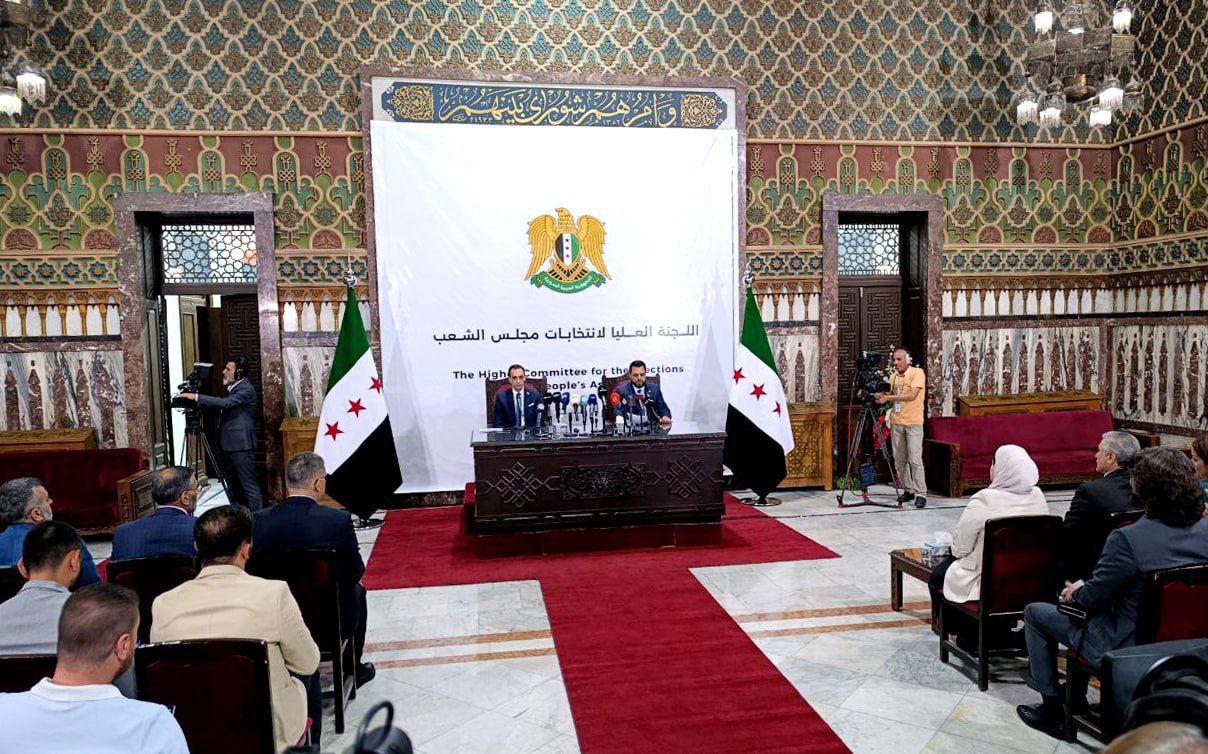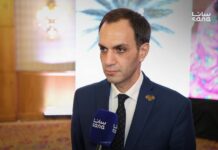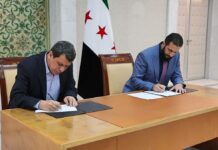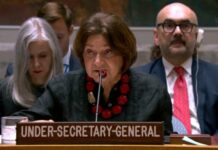
The Supreme Committee for People’s Assembly Elections launched its tour of Syrian governorates Tuesday, initiating the first phase of a complex electoral process designed to form a new legislative body without holding popular elections. Officials said the mechanism aims to reflect the realities of Syria’s ongoing transitional period and years of displacement, conflict and institutional collapse.
During a press conference in the capital, Committee Chair Muhammad al-Ahmad described the effort as a foundational step in creating a legal and representative state. He said the new system prioritizes “representation without exclusion” while balancing technical qualifications with social legitimacy.
“We are not dealing with traditional elections,” Ahmad said. “This process is dictated by national responsibility and the transitional context.”
Two-Tiered Electoral Body Structure Planned
Ahmad outlined a temporary electoral framework that divides assembly representation into two groups: 70% will come from qualified professionals, selected due to their competency and the remaining 30% will be selected from local notables and community figures. Subcommittees in each governorate will nominate between 30 and 50 individuals per seat. These electoral bodies will then vote to select members of the People’s Assembly.
Appeals against any initial selections will be handled by a separate appeals committee before results are finalized. Following that, candidates may launch their campaigns, after which a short period for appeals will lead to the formal announcement of elected representatives.
The committee expects to complete this entire process within 60 to 90 days, culminating in the Assembly’s first session. Ahmad said he will temporarily preside over that session until the Assembly elects its leadership.
Electoral Access Remains Limited in Northeast
Addressing challenges in northeastern Syria, where large areas remain under the control of the US-backed Syrian Democratic Forces (SDF), Ahmad said the committee may not be able to conduct in-person activities. In such cases, it will seek the input of local dignitaries and select alternative venues for elections. He emphasized that representation would be based on regional geography rather than ethnic or sectarian identity.
“The system must reflect the composition of Syria,” Ahmad said. “That includes all citizens, from displaced individuals to Kurdish communities.”
Decree 66 and the Mandate for Reform
The committee’s formation was ordered by Presidential Decree No. 66, issued June 13 by President Ahmad al-Sharaa. The decree established the committee as the legal authority to oversee this transitional legislative process.
Committee spokesperson Dr. Nawar Najma said the group is drafting a temporary electoral system with clear eligibility criteria, including a clean criminal record, academic credentials for technical candidates and strong community standing for notables.
Najma confirmed the committee’s tour began in Damascus and would extend across the country to gather public feedback. “We aim to build a representative legislative authority,” he said, “not just through technical standards but through inclusive dialogue.”








